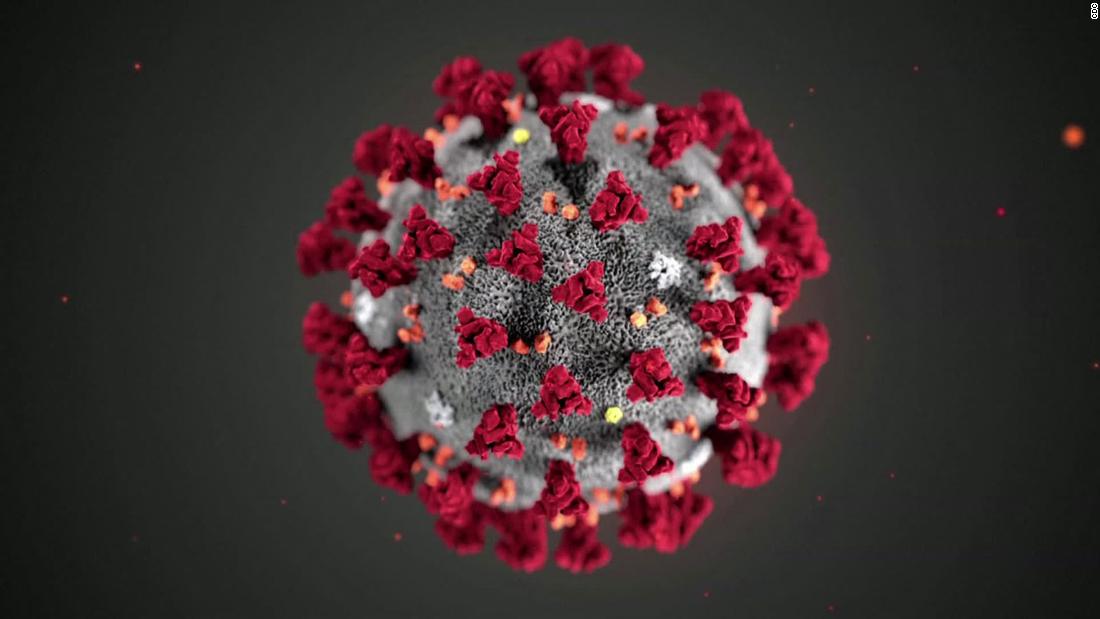India’s Covid deaths top 300,000
The spiraling crisis has overwhelmed India’s health care system in several states. Beds, oxygen and medical workers are in short supply. Some patients are dying in waiting rooms or outside overflowing clinics. At cremation grounds, bodies are piling up faster than workers can build new pyres.
YOU ASKED. WE ANSWERED.
Q: How feasible is it for businesses to require proof of vaccination?
But from a public health standpoint, Benjamin says he doesn’t view proof of vaccinations as the most efficient solution. The flimsy paper cards that typically signify that a person has been vaccinated against Covid-19 are easy to forge. And those checking vaccination status at the door often have no way of verifying that the proof being presented is real.
Benjamin encourages businesses to think critically about who their safety protocols are designed to protect, whether they’ll be able to enforce them and whether the rules are accomplishing their objective.
WHAT’S IMPORTANT TODAY
New information on Wuhan researchers’ illness furthers debate on pandemic origins
A State Department fact sheet released by the Trump administration in January said that the researchers had gotten sick in autumn 2019 but did not go as far as to say they had been hospitalized. China reported to the World Health Organization that the first patient with Covid-like symptoms was recorded in Wuhan on December 8, 2019. The Wall Street Journal first reported on the intelligence surrounding the earlier hospitalizations.
The women possibly at higher risk for Covid-19 that no one is talking about
PCOS, which affects about one in 10 women of “childbearing age,” is an imbalance of reproductive hormones that can lead to irregular menstrual cycles, high androgen levels and ovarian cysts. But it can also come with a host of other health problems, nearly all of which overlap Covid-19 comorbidities.
Despite how common PCOS is, as well as the serious complications it can come with, health experts say the condition has long been overlooked, misunderstood and under-researched, leaving patients to advocate for themselves or even educate practitioners to get treatment. And with very little research looking at whether women with PCOS are at higher risk for more severe Covid-19 or long-term symptoms, some fear the same is happening with public health policy around the pandemic.
ON OUR RADAR
- Former US FDA commissioner Scott Gottlieb said it would be reasonable for children to continue wearing masks indoors during the summer, especially in crowded, stuffy settings such as classrooms.
- Osaka hospitals are under strain from mounting Covid-19 cases as Japan ramps up its vaccination drive.
- Italy narrowly pipped a handful of rivals to win a colorful and kitsch Eurovision Song Contest in the Netherlands on Saturday, an early test of Europe’s emergence from the pandemic.
- The possibility of all coronavirus restrictions being lifted in the United Kingdom next month is “looking good,” the UK Health Security Agency’s chief executive said.
- France’s daily Covid-19 death toll fell to a more than seven-month low of 70 on Sunday.
- Israel is set to lift local Covid-19 regulations after its vaccine rollout has nearly eliminated new infections.
TOP TIP
Planning or attending a wedding during the pandemic?
- The venue: Look for places with enough space to modify layouts or seating so that people from different households can be at least 6 feet apart. Indoor air quality matters too, so well-ventilated rooms, high ceilings, window fans, HEPA (high-efficiency particulate air) filters and the ability to open windows or doors when possible are key.
- The guest list: Pare down capacity and prevent crowding by going through the guest list and deciding who really must be at the wedding. You can also help guests reduce risk by providing “sanitation stations” and custom masks.
- The reception: Avoid buffet-type meals where everyone would be touching the same serving utensils. Cutting the event short could be another way to address concerns around the virus spreading as people share a meal.
- The dance: Dancing — and specifically breathing heavier while doing so — can also make receptions higher risk. Some couples are hiring Covid-19 compliance officers to help politely enforce safety precautions like physical distancing.
![]()


